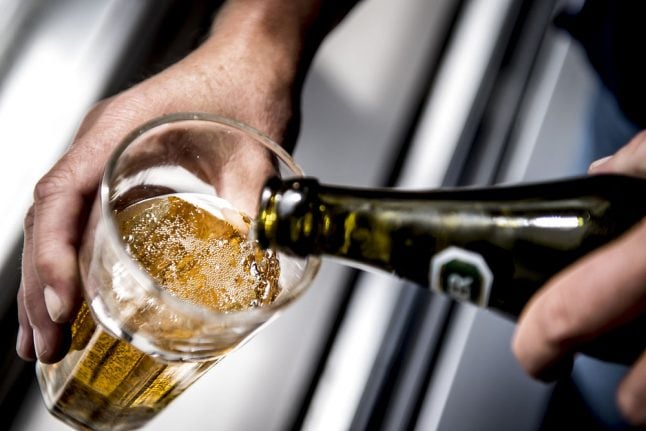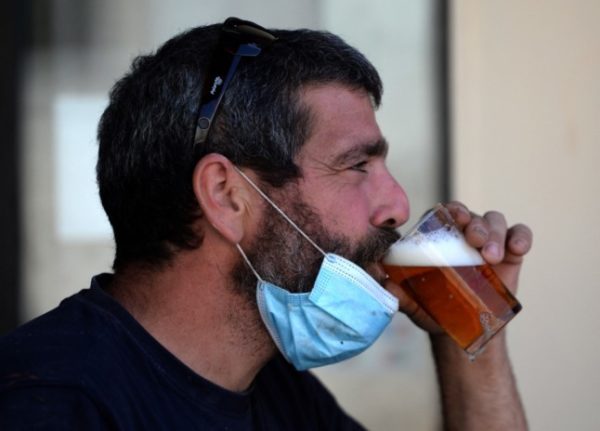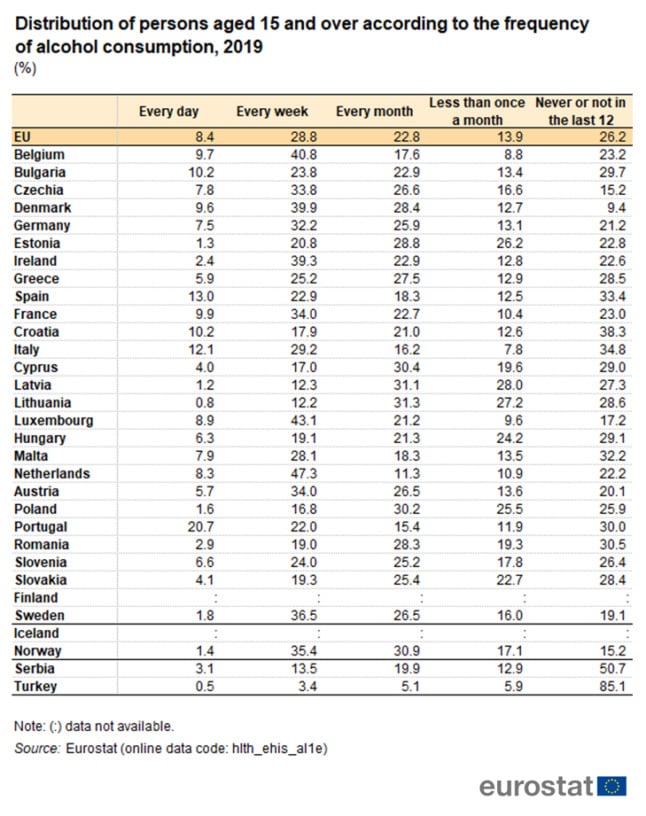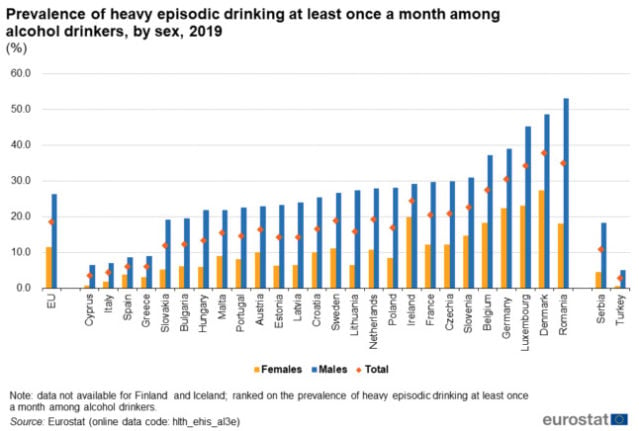“Free beer for the first hour. Over 16s, unless you are 15 and it’s your last school day,” read a Facebook post by one of six bars or clubs reported to police for illegal advertising.
Six bars across the country have been reported to trading standards authority Forbrugerombudsmanden over the ad.
“If discotheques target their marketing towards under-18s, alcohol must not be referred to in the marketing material,” consumer ombudsman Christina Toftegaard Nielsen said in a press statement.
“We report breaches of that rule, because its purpose is to protect young people,” Nielsen added.
The bars in question are Retro in Helsingør, which made 22 illegal Facebook posts; Temabar in Vejle (5 posts), Temabar in Viborg (2), One in Fredericia (3), and Dr. Emils in Marielyst and Mona in Maribo (1 post each).
Complaints to the ombudsman over the bars were made by industry interest organisation Alkohol & Samfund (Alcohol and Society) and advertising standards board Alkoholreklamenævnet.
Alkohol & Samfund director Peter Konow welcomed the move to file complaints with police.
“Adverts that encourage young people to get drunk are hazardous to health and are therefore banned,” Konow said.
Current Danish licensing laws stipulate that people under 18 are allowed to enter bars and restaurants that become nightclubs until 2am, providing they do not consume alcohol whilst there.





 Please whitelist us to continue reading.
Please whitelist us to continue reading.
Member comments